RZSS Vets blog: Annual penguin health assessments
02/03/2016 in Edinburgh Zoo
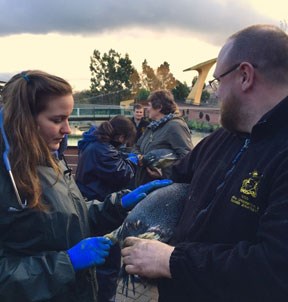 |
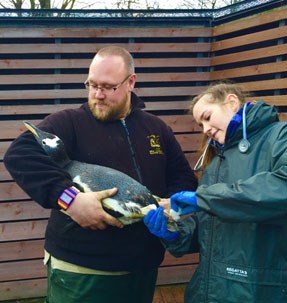 |
Early February is a busy time for the veterinary team at RZSS Edinburgh Zoo as it is when we perform the annual penguin health assessments. Edinburgh Zoo is currently home to three species of penguin: gentoos (Pygoscelis papua), Northern rockhoppers (Eudyptes moseleyi), and kings (Aptenodytes patagonicus). There are over a hundred birds in the colony, so health checking everyone is no easy task!
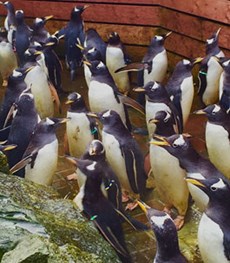 With such a large colony and the largest outdoor penguin enclosure in Europe, the day starts early for our penguin keepers who first have to corral the birds into a smaller area of the enclosure to allow them to be caught. Thankfully, with the help of some fish bribery, this went without a hitch.
With such a large colony and the largest outdoor penguin enclosure in Europe, the day starts early for our penguin keepers who first have to corral the birds into a smaller area of the enclosure to allow them to be caught. Thankfully, with the help of some fish bribery, this went without a hitch.
A team of nine bird keepers were then on hand to catch and handle the birds for our three veterinary surgeons and veterinary nurse. Our veterinary team were also ably assisted by final year students from the Royal (Dick) School of Veterinary Studies, who were given a crash course in penguin veterinary care.
Whilst every penguin in the collection is checked daily during feeding, penguins can be prone to many infectious and non-infectious diseases which are not so easily spotted. The annual health assessment is therefore the ideal opportunity to perform a full physical examination including listening to the heart, lungs and air sacs, examination of the feet, and checking of the preen gland and abdomen for any abnormalities. A small blood sample was also taken from the leg of each bird in order to assess general organ function and for evidence of any infectious diseases. Finally, each bird then received a routine vaccination to protect against common bacterial diseases.
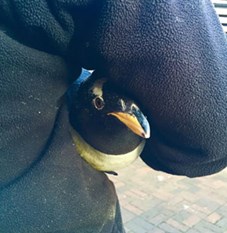 With every penguin being handled for examination, the keepers also took the opportunity to check and if needed adjust each bird’s coloured flipper band. Flipper bands are one of the ways that each bird can be individually identified in the colony. Finally, after a fish feed, the penguins were released back into the main enclosure.
With every penguin being handled for examination, the keepers also took the opportunity to check and if needed adjust each bird’s coloured flipper band. Flipper bands are one of the ways that each bird can be individually identified in the colony. Finally, after a fish feed, the penguins were released back into the main enclosure.
As usual, the penguins were not very appreciative of their annual health check and sulked for the rest of the day, avoiding the keepers and not wanting to come out of the enclosure for the daily penguin parade. Luckily they don’t hold a grudge for long!
The annual health checks are an essential part of the veterinary department’s preventative medicine programme for the birds housed at Edinburgh Zoo and ensure good health and welfare of the animals before the onset of penguin breeding season.
Featured Articles

An update from the Budongo Forest
19/04/2024 in Conservation
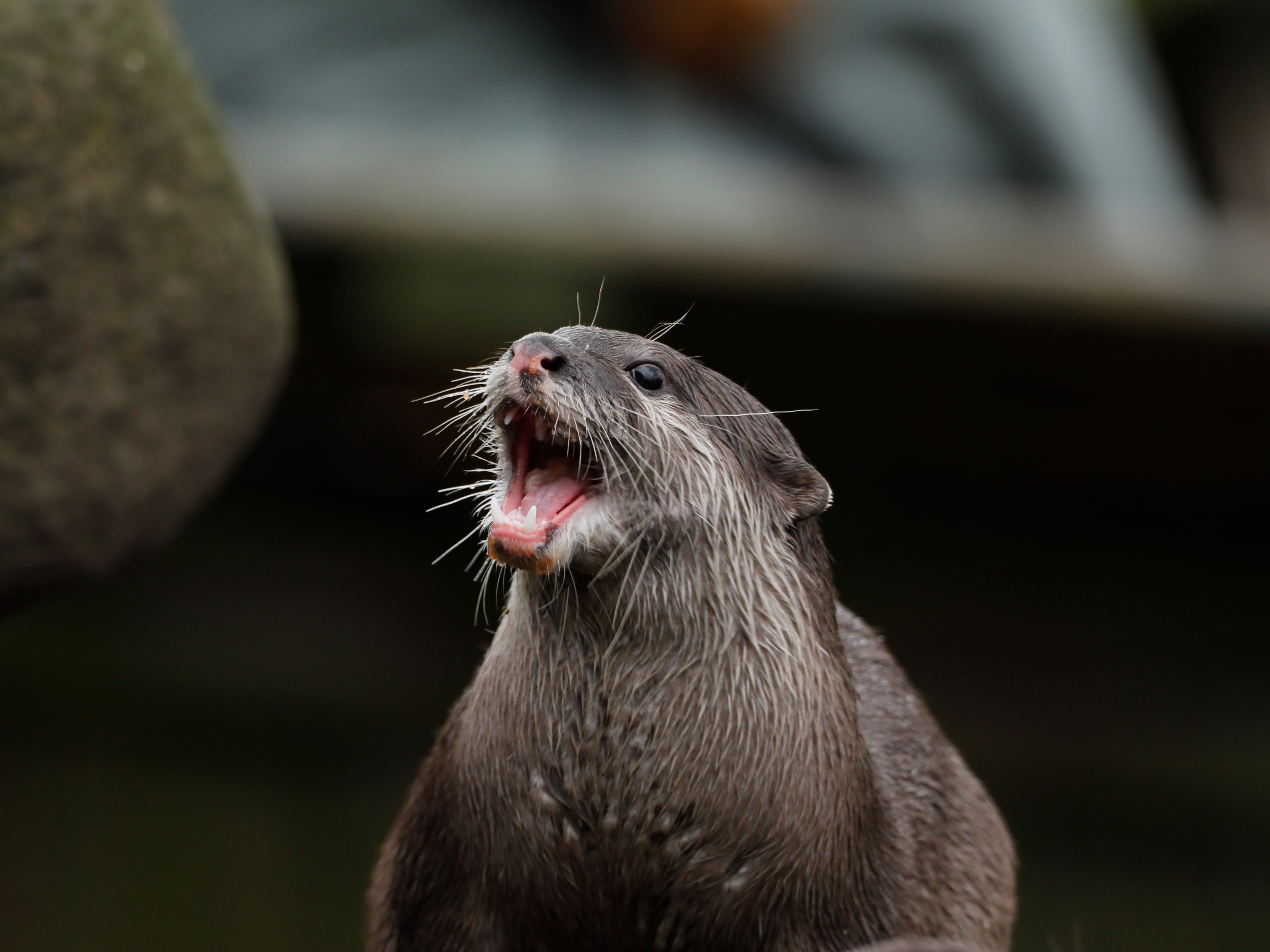
Edinburgh Zoo named best zoo in Scotland
15/04/2024 in Edinburgh Zoo
Latest News
-
Blog

24/10/2023
Caring for penguins at Edinburgh Zoo and beyond
Through their expertise and research, our vet team provide the highest standard of care for our animals and make important contributions to understanding how we can better protect wildlife. Dr. Stephanie Mota shares more about their recent research on a fungal disease which affects penguins.
-
News

29/06/2022
UK’s first diabetic giant anteater fitted with monitor used for humans
Vets and keepers at the Royal Zoological Society of Scotland (RZSS) are managing the first reported case of diabetes in a giant anteater at Edinburgh Zoo with a blood glucose monitor usually used on humans.
-
News

03/05/2022
Sad news from Koala Territory
Sadly, we have to announce the loss of Goonaroo, one of our Queensland koalas at Edinburgh Zoo.
-
News

29/03/2022
Annual penguin catch up at Edinburgh Zoo
Over 100 penguins at the Royal Zoological Society of Scotland’s (RZSS) Edinburgh Zoo had their annual health check earlier this month.



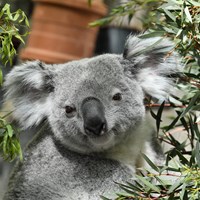



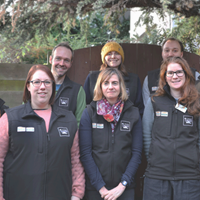
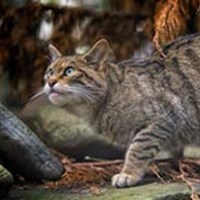

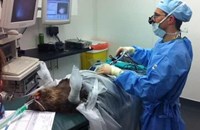

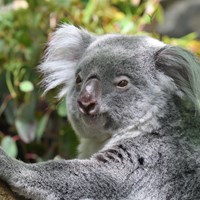





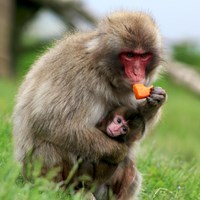

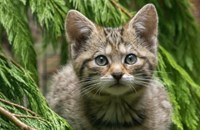




Follow EZ